
Investing in real estate, especially in a vibrant location like Myrtle Beach, is a significant financial move. For most people, it’s the largest purchase they’ll ever make. It’s a journey that demands careful consideration and informed decisions.
One misstep in the process can translate into substantial financial consequences, potentially costing thousands or even hundreds of thousands of dollars. To avoid these pitfalls, there are two fundamental steps to take before diving into the real estate market.
Step 1: Find an Expert Real Estate Agent
When you decide to take the plunge into real estate, your first critical move is to select a capable and knowledgeable real estate agent. The best part is it doesn’t require any upfront payment from you, as the seller typically covers the agent’s fees. Here’s why having a real estate agent is not just beneficial but often essential:
Guidance Through Complexity
Real estate transactions are complex and involve a web of rules, contracts, disclosures, and details that can be daunting for someone without experience in the field. A skilled real estate agent acts as your guiding light through this maze.
Priceless Expertise
Attempting to purchase a home without professional representation solely to save a commission can be a risky endeavor. Real estate agents in Myrtle Beach bring a wealth of knowledge and expertise to the table, helping you make sound decisions.
 Smooth Sailing
Smooth Sailing
In the world of real estate, it’s common for transactions to encounter hurdles along the way. An experienced agent can navigate these challenges seamlessly, ensuring you stay on course and make informed choices even when unexpected issues arise.
Exclusive Buyer’s Agent
For an extra layer of protection and commitment to your interests, consider working with an exclusive buyer’s agent like Cheryl Woodward from Full Potential Real Estate. These agents represent only buyers, never the seller, making your needs their top priority.
Step 2: Secure Financing Before You Shop
Real estate purchases typically require financing, and how you handle this aspect can greatly impact your buying experience. Here’s what you need to know about obtaining real estate financing:
Know Your Credit
Your credit score plays a pivotal role in the financing options available to you. Start by obtaining a copy of your credit report, including your credit scores. This gives you a clear picture of where you stand financially.

Conventional Mortgages
If your credit is reasonably good, meaning you haven’t been consistently late on bills in the past year, you have a good chance of qualifying for conventional or government (FHA) mortgages. These types of loans often offer the most favorable interest rates, fees, and payment terms.
Sub-Prime Mortgages
For individuals with some minor credit blemishes, such as a few late payments or collections, you may still qualify for a conventional mortgage with a bit of explanation. Alternatively, sub-prime mortgages cater to those with credit challenges but tend to come with higher rates and fees.
Credit Challenges
Even if you have significant credit challenges, such as a recent bankruptcy, it’s not necessarily a barrier to financing. For instance, a bankruptcy discharged for more than two years, coupled with efforts to rebuild your credit, can open doors to conventional mortgage options.
Get Pre-Approved
Prior to embarking on your house-hunting journey, obtain a pre-approval for a mortgage. This not only helps you understand your budget but also positions you as a more attractive buyer to sellers. Pre-approval streamlines the home-buying process, enabling a smoother and quicker transaction.
With your financing secured and a dedicated agent on your side, you’re well-prepared to embark on the exciting journey of finding your dream home.
Reach out to Full Potential Real Estate to turn your homeownership dreams into reality. Their expertise, knowledge, and commitment to your best interests will prove invaluable throughout your real estate adventure.
Like our Facebook page for more information about buying or selling homes.
Full Potential Real Estate, LLC
Myrtle Beach, SC 29577
843-492-4537
http://fullpotentialrealestate.com/
We Serve – Carolina Forest SC, Surfside Beach SC, Conway SC, Myrtle Beach SC, North Myrtle Beach, Socastee, Little River, Murrells Inlet, Longs/Loris, Forestbrook
https://www.instapaper.com/read/1632005869
http://healthydome.com/News/two-essential-steps-before-buying-real-estate-in-myrtle-beach/
http://worldoffootball.org/News/two-essential-steps-before-buying-real-estate-in-myrtle-beach/
http://ener-cell.com/News/two-essential-steps-before-buying-real-estate-in-myrtle-beach/
http://cravingconfidence.com/News/two-essential-steps-before-buying-real-estate-in-myrtle-beach/
http://ayroll.ca/News/two-essential-steps-before-buying-real-estate-in-myrtle-beach/
http://bchanv.org/News/two-essential-steps-before-buying-real-estate-in-myrtle-beach/
https://papaly.com/categories/share?id=44671e66cae7409fbbb8c8b0e8579528

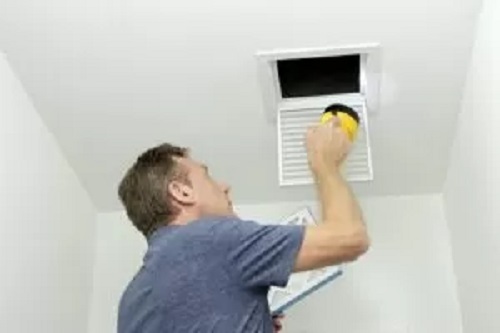
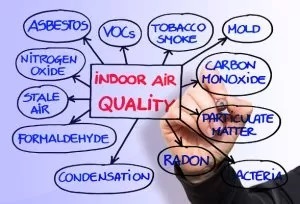

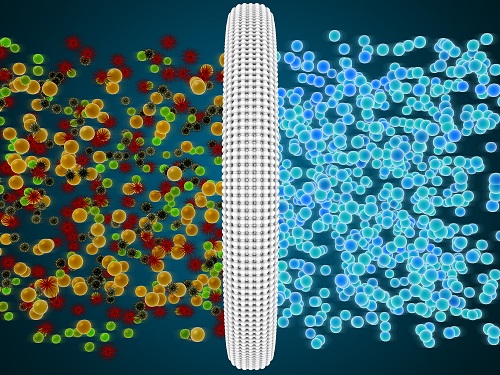
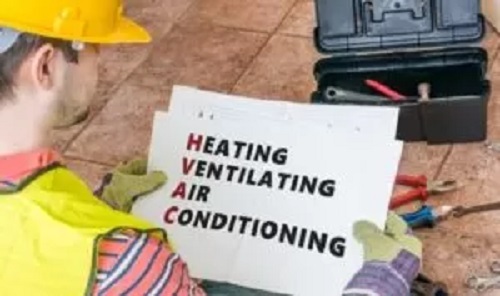
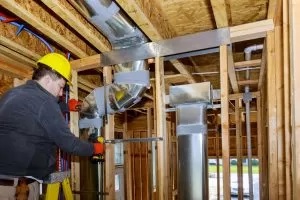
 Tips for Replacing Ductwork
Tips for Replacing Ductwork